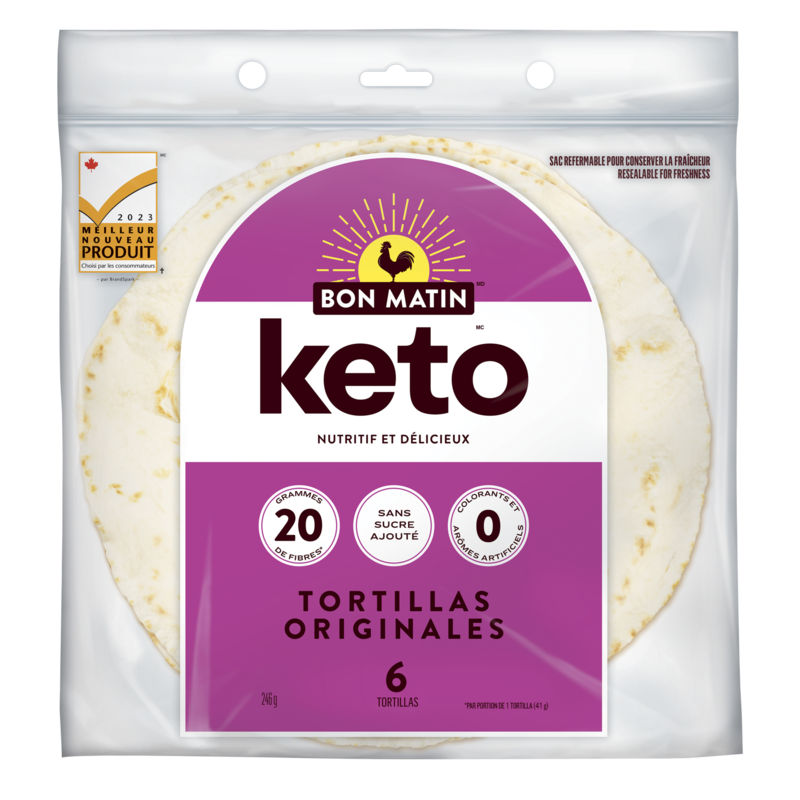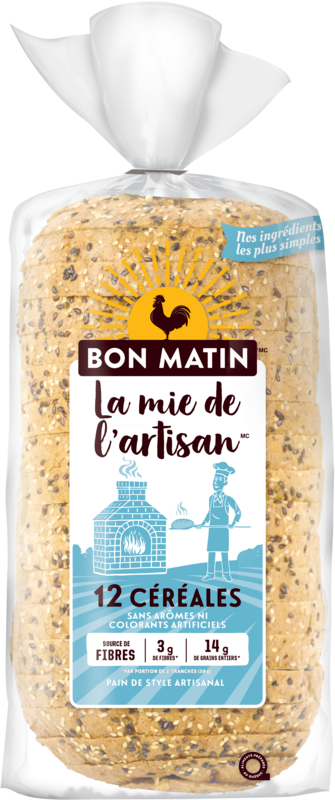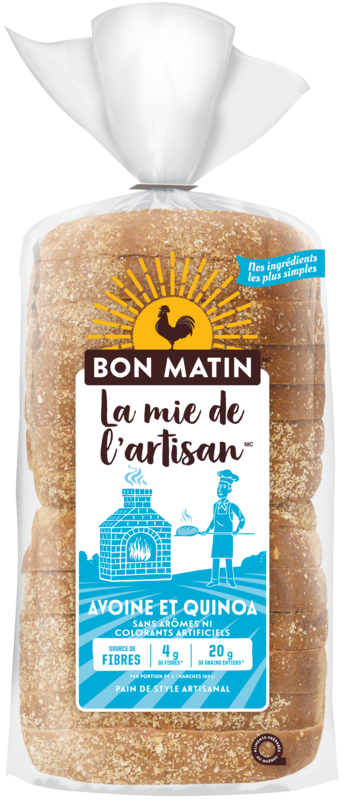Recipes
119 recipes
Articles
25 articles
Pages
13 pages
Privacy Preferences
Seasonal foods: good for your body… and your budget?
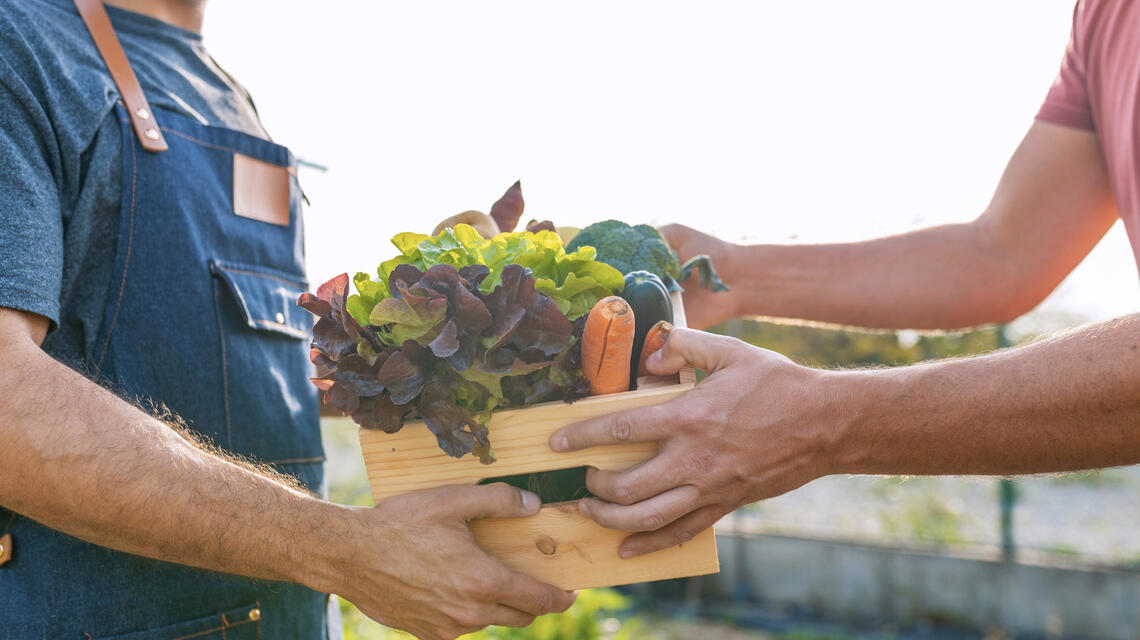
Eating seasonal produce is a great way to ensure you get the freshest, healthiest products available. Locally grown products are picked when ripe, at the peak of their nutritional value. They’re often considered fresher than most imported produce because they don’t have to travel thousands of kilometres to get to your local supermarket.
Fruits and vegetables picked before they’re ripe are often preserved with technologies including ethylene, modified atmosphere packaging, controlled temperatures, and so on.
Buying in season can be good for your wallet!
One of the benefits of buying seasonal foods is that it can save you money! Seasonal produce is often abundantly available, which translates into more competitive prices for consumers.
In the fall, some fresh fruits and vegetables can stay fresh for months under optimal storage conditions! Just think back to your grandparents’ days, when every house had a cold room or root cellar to store potatoes, carrots, rutabagas, beets, squash and even apples.
Try recipes like these to make the most of fall fruits and vegetables:
- Grilled Cheese with Caramelized Apples
- Pumpkin French Toast
- Healthy Fall Sandwich
- Toast with Roasted Squash and Goat Cheese
- Pulled Chicken and Apple Slaw Sandwich
Fall is also the season for canning and jarring all of your favourite fruits and vegetables. You can even prepare large quantities of spaghetti sauce, pâtés, tomato sauce and tomato paste, compotes, soups, and marinated and/or fermented vegetables.
In short, you can save big money by simply planning ahead and looking for low prices on large quantities of the fresh foods you’ll need for the months ahead (if they’re not already growing in your garden!).
Food dehydrators: a cost-effective solution!
When the harvesting season is over, we sometimes end up throwing away most of the plants left in our gardens, even though the majority of them are still usable. Just think of carrot tops, which can be used to replace parsley, or basil, which can easily be made into a delicious pesto. Herbs can also be dried with a food dehydrator, or in the oven at a very low temperature.* Some herbs, like chives, can simply be finely chopped and stored in the freezer in an airtight bag.
Health benefits of seasonal foods
Eating in season means opting for local foods. To date, few studies have examined the concrete health benefits of eating locally-produced foods, a subject which has drawn far less research interest than organic foods. However, since local produce is picked when ripe, it has a better nutritional profile than other foods, and many people mention this as one of the major factors that motivate them to eat local.1
Trust in local farmers and traceability are two other important factors to consider. When we know that the carrots we’re eating were grown less than 50 kilometres from our home, we perceive them as being fresher than if they came from further away. Our minds make this distinction, even if our bodies can’t really tell the difference!
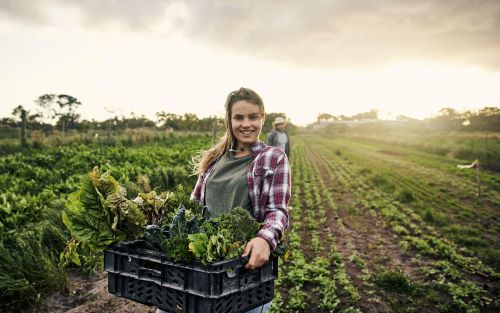
New funding to support local farmers and processors
Eating seasonal products isn’t just good for our health and our wallets. It’s also an excellent way to support local farmers and businesses, which in turn helps to strengthen the local economy and reinvest in Quebec. According to the Ministère de l’Agriculture, des Pêcheries et de l’Alimentation du Québec (MAPAQ), if every household diverted $12 that they would normally spend on imported produce to local produce of equivalent value, that simple change would increase demand from Quebec farmers, fisheries and food processors by a billion dollars.2
Did you know...
…that most bananas sold in grocery stores have travelled over 4,500 km?
With this ongoing support, these producers will be able to innovate and even include new cultivars in their range of produce offerings. For example, you can now buy melons grown in Quebec, and some farmers have started trying to grow tropical produce here. There’s even a banana farm in the Laurentians!
Eating seasonal produce also helps to reduce our environmental footprint by reducing the need for long-distance transport, a helpful contribution to the fight against climate change.
Did you know…
…that one-third of greenhouse gas emissions are the result of food production, and of food transport in particular?3
Buying in season also helps to reduce food waste by ensuring we take home fruits and vegetables that were picked when fully ripe. As a result, we can buy only what we need for the short term, and with a bit of planning and organization, we don’t have to throw anything away. Waiting for fruit to ripen on the counter is a thing of the past!
In conclusion, there are many benefits to eating produce when it’s in season: freshness, savings, support for regional products and businesses, and greater nutritional variety. Adapting our diets to the changing seasons means enjoying the best of what nature has to offer, while also saving a few dollars!
*Temperature must not exceed 100°F. (38°C)
1. Thomas, L. N., & Mcintosh, W. A. (2013). “It just tastes better when it's in season”: Understanding why locavores eat close to home. Journal of Hunger & Environmental Nutrition, 8(1), 61-72.
2. Relance de l'économie et autonomie alimentaire- Le ministre Lamontagne lance le Défi 12 $, Office of the Ministre de l'Agriculture, des Pêcheries et de l'Alimentation, October 9, 2021. [viewed at https://www.quebec.ca/nouvelles/actualites/details/relance-de-leconomie-et-autonomie-alimentaire-le-ministre-lamontagne-lance-le-defi-12-35309]
3. Crippa, M., Solazzo, E., Guizzardi, D., Monforti-Ferrario, F., Tubiello, F. N., & Leip, A. J. N. F. (2021). Food systems are responsible for a third of global anthropogenic GHG emissions. Nature Food, 2(3), 198-209.
